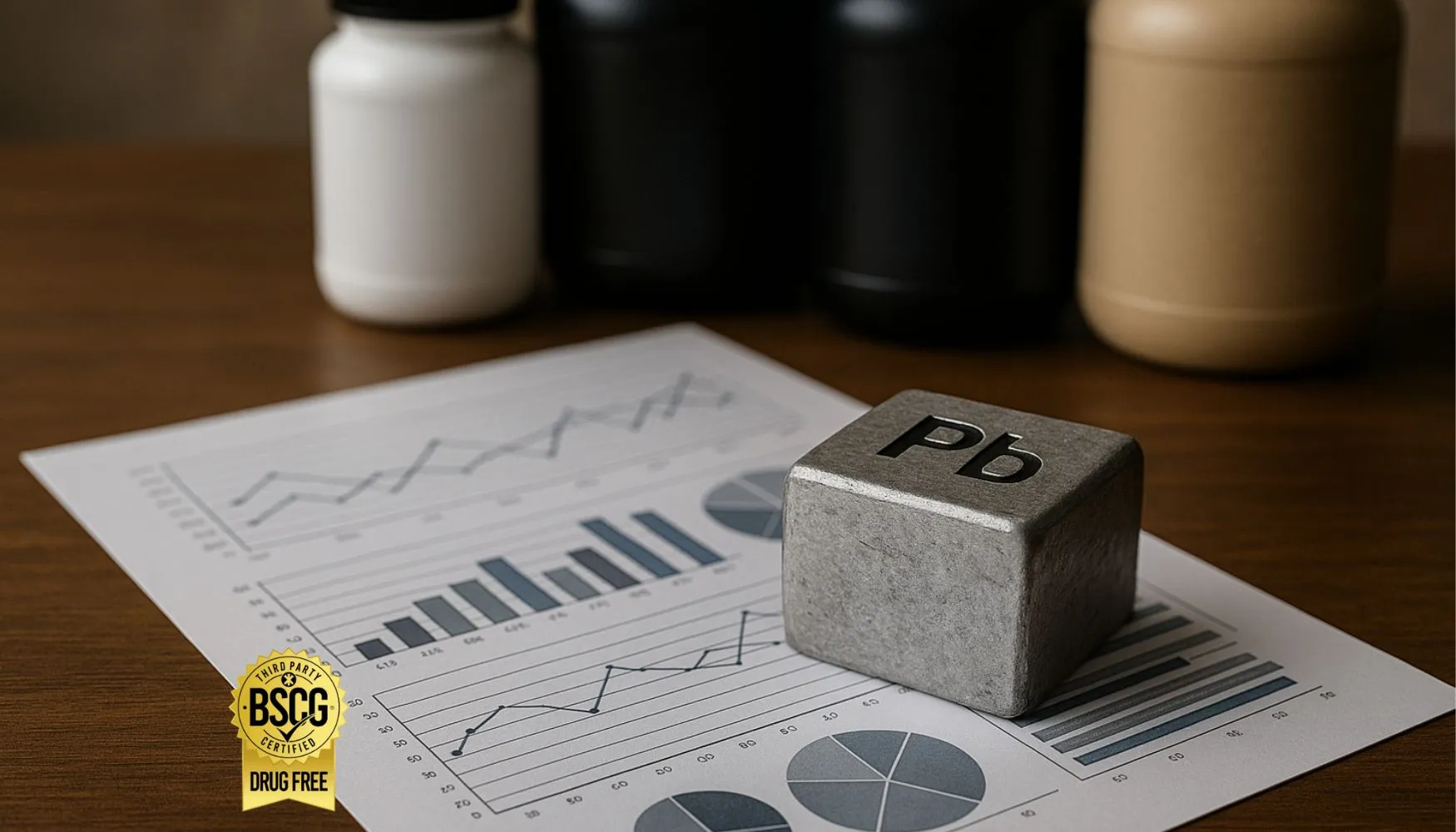
THE GOLD STANDARD IN THIRD-PARTY CERTIFICATION AND TESTING : +1-800-920-6605, info@bscg.org
For more than three decades, the Catlin standard of excellence in analytical testing has been a driving force within international sport drug testing. Often described as a father of drug testing in sports, Don H. Catlin, M.D., founded the first anti-doping lab in the United States in 1982 and established testing methods and approaches that remain the Olympic benchmarks today. The Catlin team at the UCLA Olympic Analytical Laboratory provided testing services to the International Olympic Committee (IOC), World Anti-Doping Agency (WADA), U.S. Olympic Committee (USOC), U.S. Anti-Doping Agency (USADA), MLB, NFL, NCAA, the U.S. military, the FIFA World Cup, and several Olympic Games.
Drawing the line between drugs and dietary supplements became increasingly complex in the 1990s as substances like Ephedrine, Androstenedione and other new designer drugs became popular ingredients in dietary supplement products. Sport authorities and regulators like the FDA (U.S. Food and Drug Administration) struggled with positive drug tests and growing health concerns.
Dr. Catlin and his team were at the forefront of the efforts to ensure supplement safety for athletes and consumers. In a seminal article published in 2000 in the Journal of the American Medical Association (JAMA), they were the first to highlight the concern that legal supplements could be contaminated with illegal drugs. Catlin’s group was also first to identify and expose infamous new designer steroids including 6-OXO, Madol, Methasterone, Methylhexaneamine, and Tren that were masquerading as ‘legal’ supplements. They worked alongside the FDA, DEA (Drug Enforcement Administration), and media such as The Washington Post to expose and combat these problematic substances.
Unfortunately, federal regulations (outlined in the U.S. Federal Food, Drug, and Cosmetic Act; the Dietary Supplement Health and Education Act of 1994 (DSHEA); and the FDA’s 21 C.F.R. 111 – Good Manufacturing Practices (GMP) for Dietary Supplements have not been adequately designed or enforced to prevent dangerous drugs from adulterating dietary supplements or appearing as illegal ingredients.
In 2004, Dr. Catlin, along BSCG co-founders son Oliver Catlin and attorney Ryan Connolly, sought to remedy supplement quality control and safety concerns by creating BSCG (Banned Substances Control Group). BSCG was one of the first groups in the world to offer third-party certification for banned substance protection in dietary supplements. BSCG’s rigorous, independent third-party testing of supplements, natural products, CBD products, homeopathics and other related consumer products, or their ingredients, has enabled brands, manufacturers and suppliers to establish their products as safe, reputable, and drug free, and has provided consumers and athletes with trusted supplement options.
Sports drug testing is a critical component of maintaining integrity and fairness in athletic competitions. Governed by anti-doping regulations set forth by organizations like WADA (World Anti-Doping Agency), athletes are subject to rigorous athletic doping control measures, including urine and blood drug testing. These testing protocols aim to detect the use of performance-enhancing drugs (PEDs) and other banned substances, preventing substance abuse in sports and ensuring a level playing field for all competitors. Unfortunately, doping scandals have plagued the sports world, underscoring the importance of robust drug testing programs to maintain the integrity of both professional and amateur sports.
Athlete drug testing programs implement stringent drug testing protocols to deter the use of prohibited substances. From steroid testing to blood doping detection, these programs are designed to identify athletes who may gain an unfair advantage through doping practices. Drug testing in professional sports is particularly scrutinized due to the high stakes involved, while drug testing in amateur sports is equally crucial for upholding the principles of fair play and sportsmanship. Drug testing laboratories play a vital role in this process, employing advanced testing methods to analyze samples and detect the presence of banned substances, ultimately safeguarding the integrity of athletic competition.



 YouTube Channel
YouTube Channel
Oliver Catlin Interview
 BSCG BLOG
BSCG BLOG
Consumer Reports Overinflates Lead and Heavy Metals Concern in Protein Supplement Survey

 The Catlin Perspective blog widget
The Catlin Perspective blog widget
THE HISTORY OF BSCG